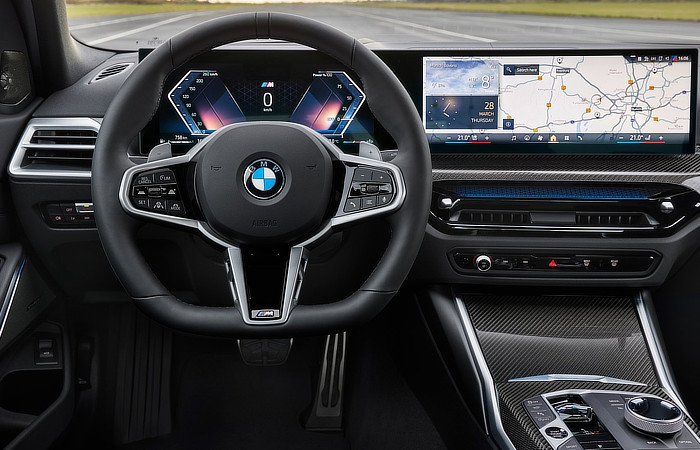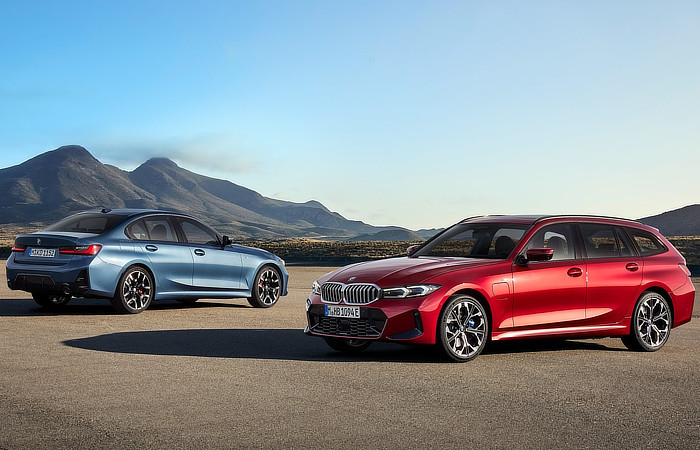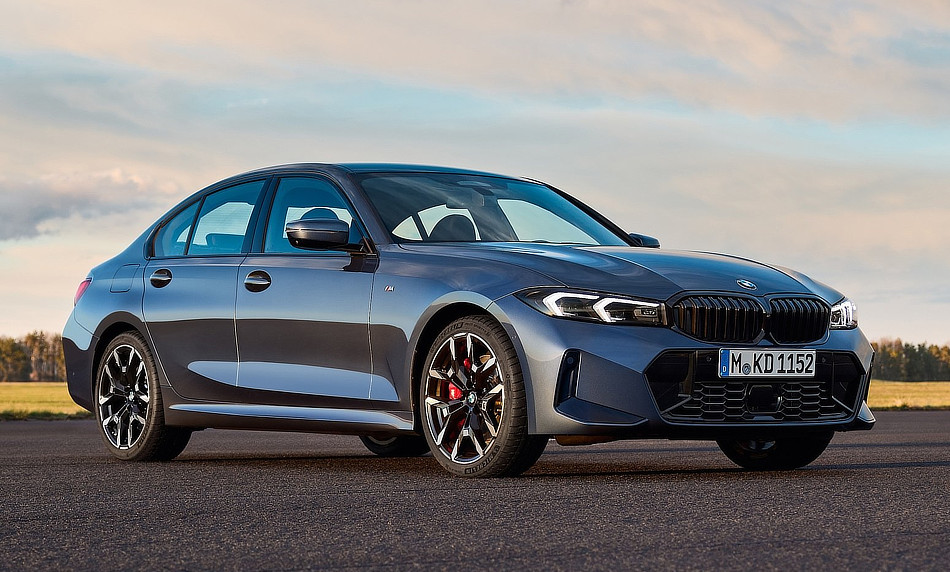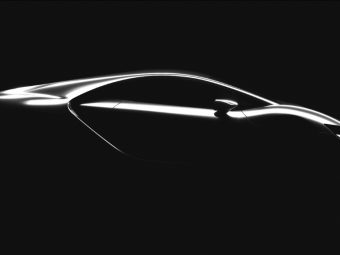Finally, BMW, which has wrapped its post-Dieselgate image in a shroud of environmental hypocrisy, is getting rid of diesel powertrains. However, there’s a catch: BMW will replace diesel powertrains with plug-in hybrids, at least for the UK. While petrol engines are becoming as efficient as diesel powertrains, BMW’s decision to eliminate diesel isn’t motivated by corporate environmentalism.
No, constant prodding from EU legislation and the threat of financial penalties have forced BMW’s hand. But plug-in hybrids as a replacement? BMW isn’t flaunting a newfound environmentalism, it is an example of an environmental Trojan horse. The age of the plug-in hybrid is designed purely to extend the life of the internal combustion engine.

After all, over many decades, BMW has invested billions into developing 4-cylinder, 6-cylinder, 8-cylinder, and 12-cylinder engines. It’s a source of engineering pride and prowess. Losing that engineering heritage must be difficult for BMW. But let’s not forget it wasn’t difficult for BMW to fraudulently engage in Dieselgate.
Anyway, we’re not here to become BMW’s sales and marketing division. The key takeaway from the updated BMW 3 Series is that it receives minor chassis enhancements, exterior design tweaks and an upgraded infotainment screen. The 330e PHEV variant is now capable of 63 miles on a single charge due to a larger battery. And that’s a wrap.

The issue with PHEVs is that they carry extra weight, and once the battery range is depleted, efficiency is significantly degraded. You might as well switch to full electric, or go hybrid if you are not yet ready to make the jump to full EVs. Hybrids are much more efficient than PHEVs. Why BMW is not offering a hybrid Trojan horse powertrain is beyond comprehension.
Anyway, pricing for the entry-level 320i saloon starts at £39K, rising to £40K for the 320i estate. The 330e PHEV starts at a whopping £46K.








